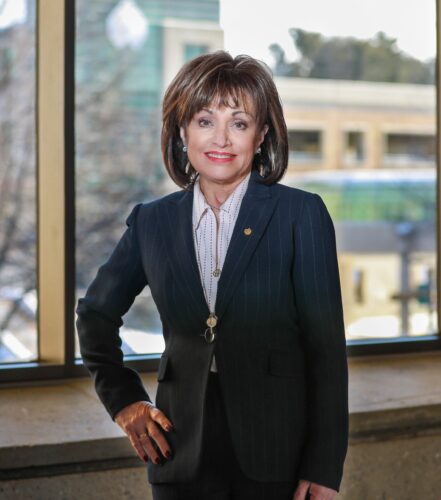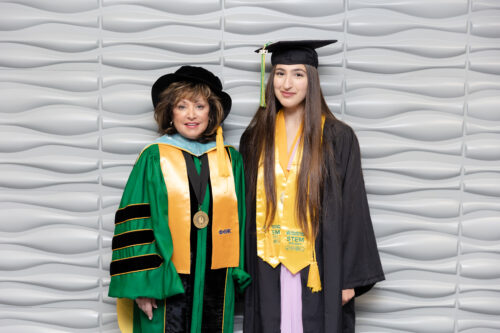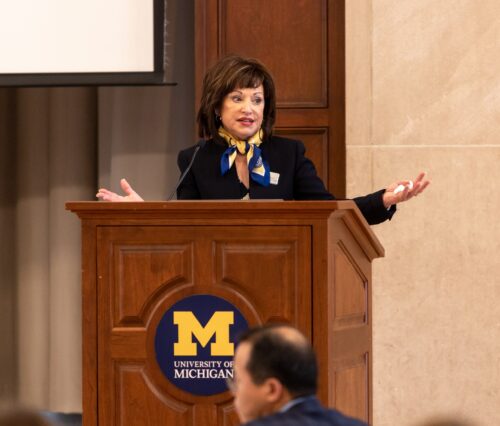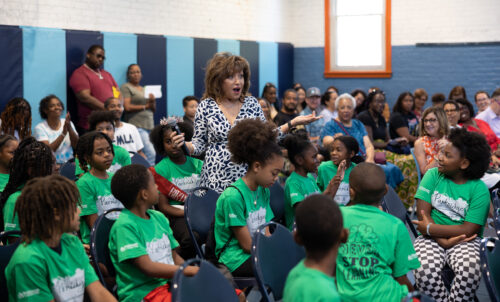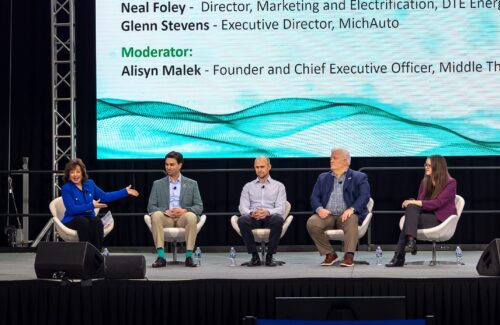Dr. Rose Bellanca is the president and CEO of Washtenaw Community College where she is championing innovative initiatives to address the skills gap and increase access to education and training. In honor of Dr. Bellanca being named Women United’s 2025 Woman of the Year, we discussed her passions, motivations and plans for the future.
Dr. Bellanca will be celebrated at the Power of the Purse event on April 16, 2025, for her commitment to the betterment of Washtenaw County.
Congratulations on being named our 2025 Woman of the Year, Dr. Bellanca. What inspired you to pursue a career in higher education leadership?
I’ve wanted to be a teacher since my kindergarten days. It was my kindergarten teacher who first inspired me. In my mind at that very young age, teaching seemed like a “glamorous career.” Maybe it was her dress or her high heels or how she presented herself. I was immediately drawn to her and to her role.
But as soon as she started to interact with the students on a deeper level and began teaching us, what really spoke to me was how much she cared about me and cared about helping all the students. And as I began to mature in my thinking and education, I wanted to have that sort of impact, too.
Teaching has been my passion and I’m very humbled by it. It is a great privilege and responsibility to get to be a teacher, able to help shape and mold the minds of the next generation. It’s also very rewarding to see the adults around me – colleagues, employees – as well as the college itself and the community grow and develop.
Tell us about the most influential women in your life and how they helped shape your path or career.
My grandmother has always been an inspiration to me. I was named after her. Benedetta is her name and is my middle name. In fact, professionally I sign my name with my middle initial “B” as a tribute to her and always wear her cross and charm necklace that was handed down to me from my father.
She’s from Italy and raised her three children as a single parent in a one room stone hut in Italy. She was strong, determined and very loving. In spite of her hardships, she always exhibited a sense of gratefulness and humor. She courageously inspired her only living son to migrate to the United States to have a better life. Her daughter and her family followed several years later. Her legacy has lived on in the success of her children and their children, who to this day, live with a sense of gratefulness, humor and philanthropy.
Other strong women who have surrounded and inspired me have been my godmother, also a teacher whom I always admired, my mother, female doctors, and women who had the courage to come here from another country leaving their family and lives behind to start a new one.
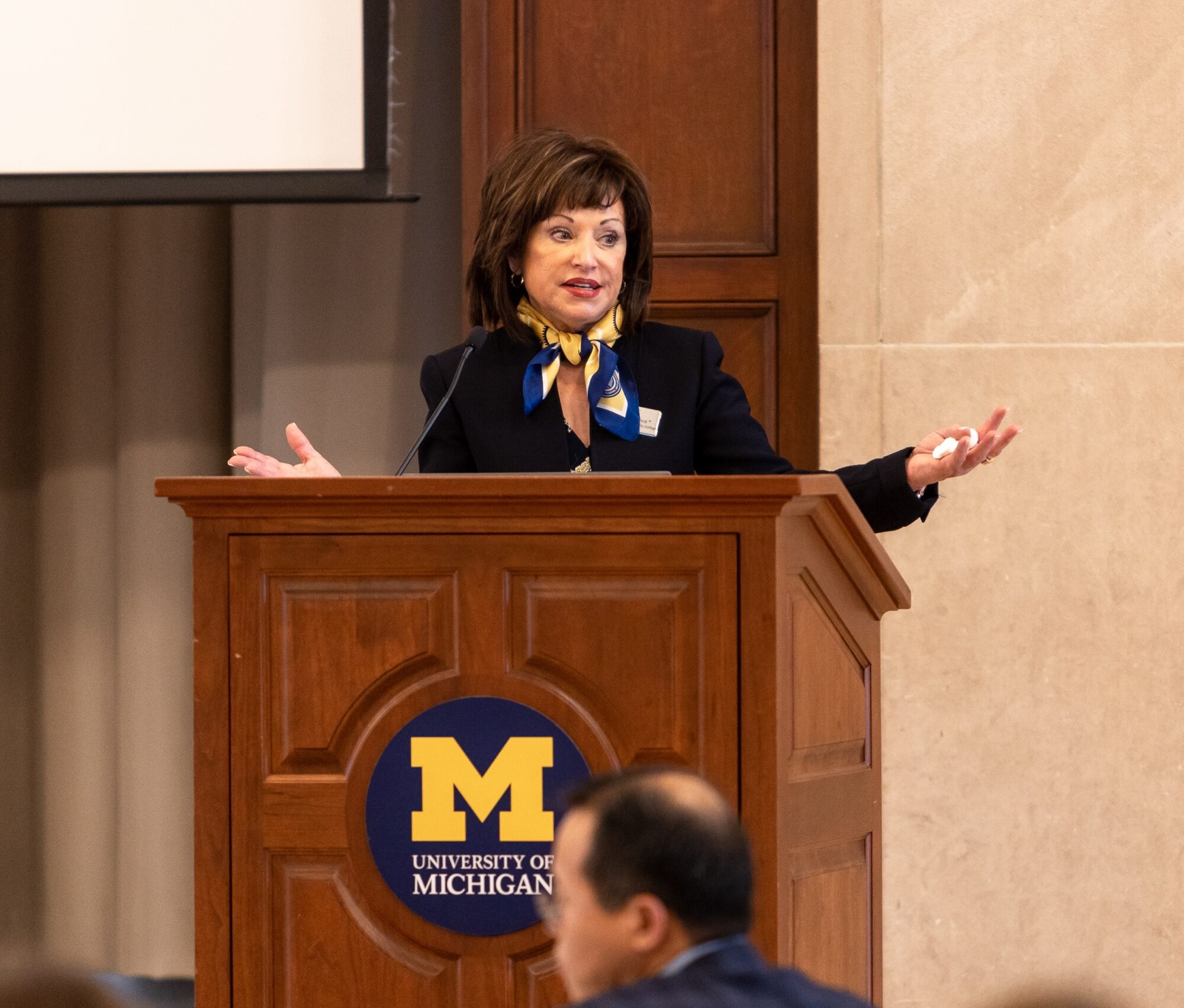
How do you stay grounded and motivated while managing the demands of your role?
What grounds me is staying true to our mission at Washtenaw Community College – to make a positive difference in the lives of our students. When you keep your eyes sharply fixed on the mission, then it helps to stay on the right track no matter what challenges you may face along the way.
Also, there is such joy and motivation in getting to know our students and sharing their success stories!
An example of one such student that we love to share and one that is very current is the story of Aisha Bowe. Aisha just launched into space with the historic all-women Blue Origin crew. She has established a scholarship for pre-engineering students at WCC and is proud to share her story. In high school she says was encouraged to enroll in cosmetology school, but instead it was her first “A” in a WCC pre-algebra class that changed her life and sparked her dreams. She went on to study aerospace engineering at the University of Michigan, become a rocket scientist with NASA, start her own STEM company, travel the world as an inspirational speaker and, now, cross the space barrier.
Tell us more about the WCC Foundation and the importance of helping students succeed with wrap-around services.
The WCC Foundation exists to support students financially through scholarships. Their dedication to our students is vital because even a little financial boost can mean the difference in a student enrolling in college or not, or staying in college to finish their studies or dropping out.
Last year, the Foundation awarded over 1,800 scholarships to WCC students totaling over $1.3 million in funding. Most of our students work, have family responsibilities or both – obligations that prevent them from attending college full-time.
The Foundation also provides one-time scholarships to students for certain emergency situations like rent or food or car problems. More than 125 students last year received over $40,000 in student emergency funds assistance.
We have a lot of first-generation students, 19%, and other students who might need a little extra support. There is nothing more fulfilling than to get to know our students and learn of their success stories. Especially the stories from students who were told “no” or who were discouraged from dreaming big and were instead encouraged to take a safe route.
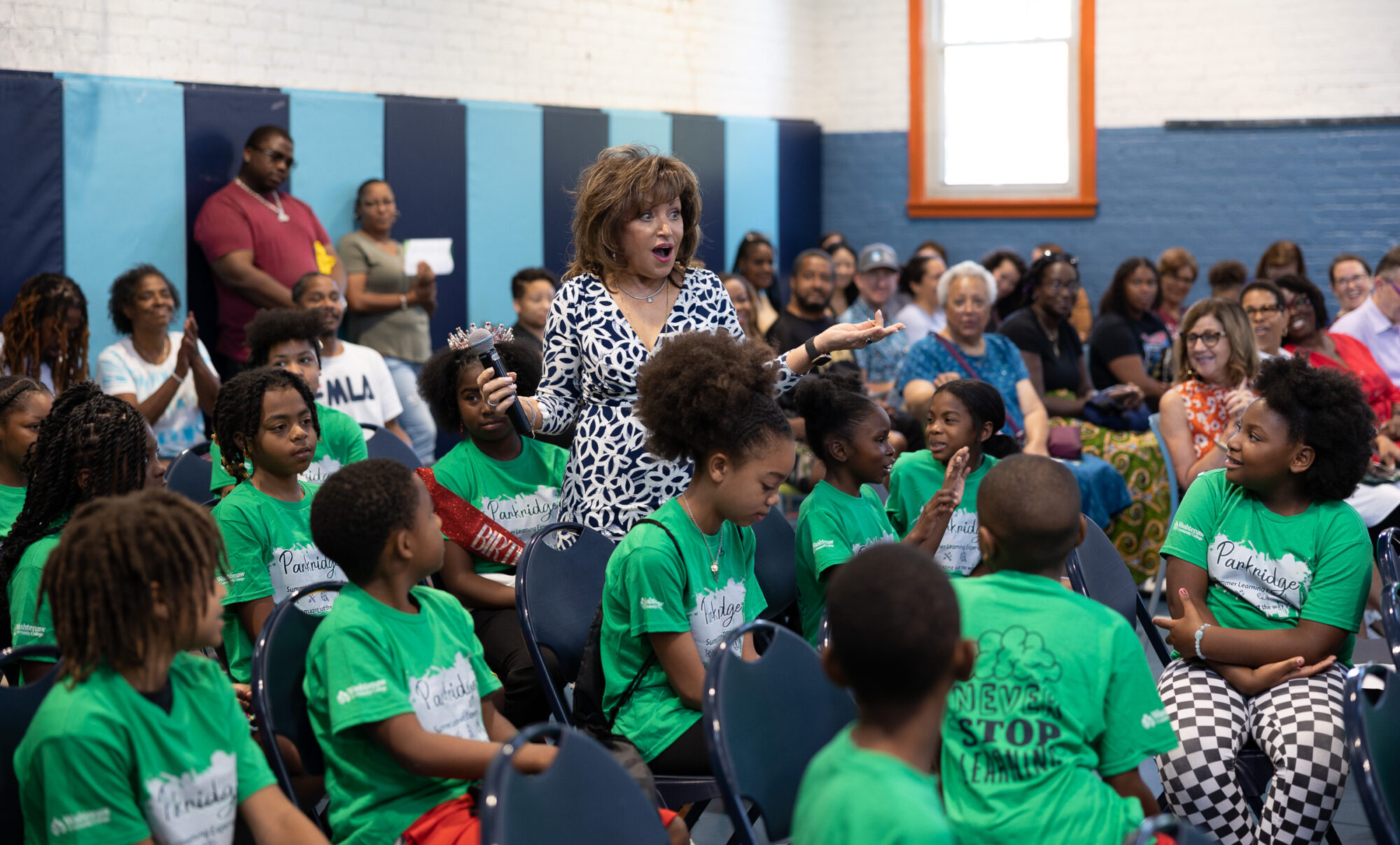
How do you ensure WCC remains relevant and responsive to the evolving needs of students and the local workforce?
We always keep our mission to make a positive difference front and center of all we do.
In all, we offer 130 educational and training programs. We work very hard to provide students with an excellent foundation so they can transfer and thrive at four-year colleges and universities or prepare them for direct job placements in high-demand, high-wage career fields.
We’re very proud to be the number one transfer community college to the University of Michigan. Over a recent five-year period, nearly 17,000 WCC alumni enrolled at other colleges and universities across the country, including Ivy League and other prestigious institutions.
One of our goals is to help grow the economy through workforce development. We collaborate with employer partners to make sure we’re staying at the forefront of the latest technology, processes and best practices to produce the most highly sought after, highly trained students. We educate students for much needed jobs in our community.
The first step is listening. We listen to our employer partners to learn what the anticipated changes are coming in industry and how we need to evolve our programs to best prepare students.
We seek out industry partners. We ask for their input and collaborate with them to develop the kind of training programs they need to fill jobs.
As a result, we’re very proud of our programs that benefit not just students but our community.
For example, WCC’s nursing and cybersecurity programs are ranked among the best in the nation. And, we’re partnering with the State of Michigan and large companies to train semiconductor technicians for emerging new jobs as the state and country ramp up microchip production.
We’ve been a leader in the evolving transportation ecosystem since launching our Advanced Transportation Center in 2014. Now, we offer programs to train students just not in internal combustion engines but also in electric vehicles and hybrid vehicles. We have a new EV lab coming and new battery manufacturing and other related programs. And, we’re the only community college working with the University of Michigan and other major universities to apply their research in the area of computing and automated transportation.
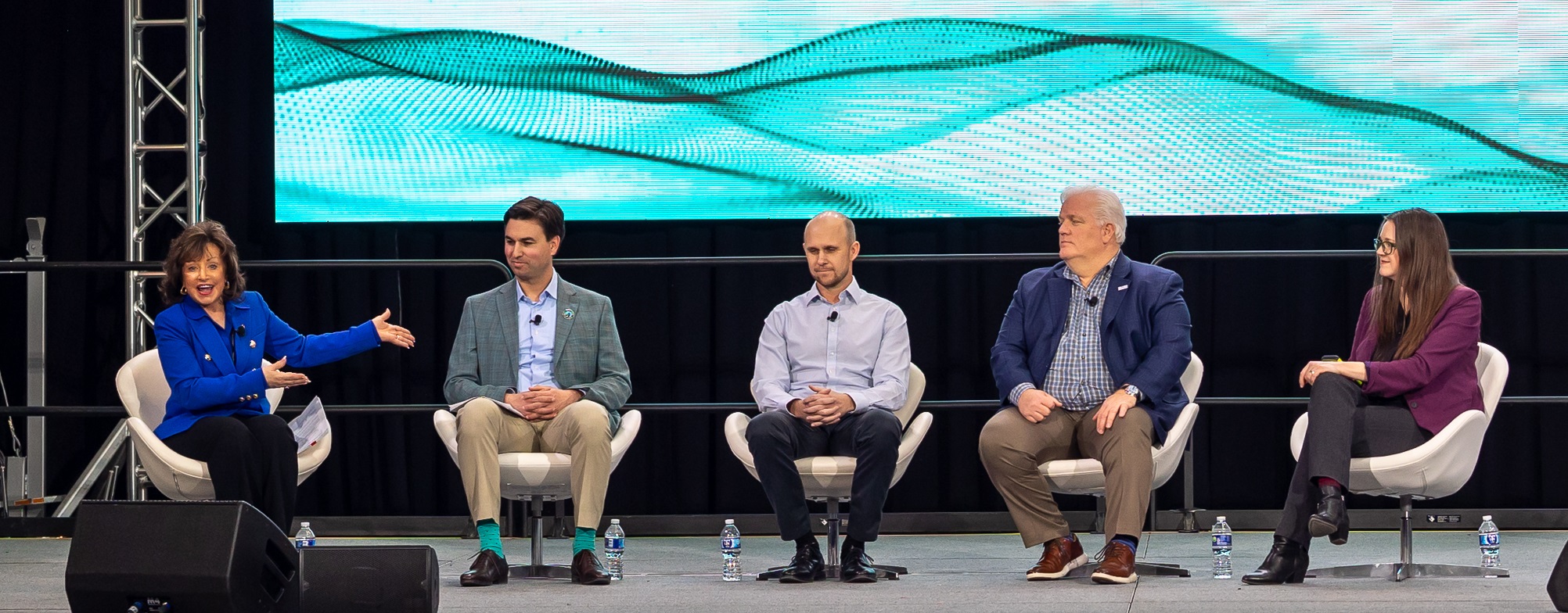
What role do you believe community colleges play in reducing educational and economic disparities?
I love to emphasis how we are the community’s college. For 60 years we have been entrusted with the great responsibility to support our community – to provide education and training to build prosperity in the lives of individuals and in our community as a whole through workforce development.
An education is your golden ticket to a better job, and because we’re an open-access college that’s like an educational superhighway.
Anyone can enroll at WCC at any time in their life. Our average student age is 25. And approximately 75% of students are part-time, which tells me they are working as they get their education.
Many, nearly 44%, enroll at WCC right out of high school, but nearly 10% of our students already hold a college degree. That means they’ve come back to either upskill, or maybe change careers altogether.
Also, interestingly, an additional 30% of our student transfer to WCC from another college, and 13% are currently in high school.
Even if you don’t have a GED, we’ll help you get one. Even if English is not your first language, we’ll help you become proficient in English so that you can excel in your classes.
Just as importantly as all this, is affordability, which is the very core of accessibility. Because of the generous support of our community and the excellent stewardship of our Board of Trustees, tuition at Washtenaw Community College is among the lowest in the state. For our in-district students who are taking classes on campus, tuition is $99 per credit. For a 15-credit-hour semester that amounts to less than $3,000 for an entire traditional Fall/Spring academic year. Compare that to nearly $15,000 for the average public four-year college or university or over $30,000 for a private school. What a great, smart value!
Students can come here for an excellent foundation and then transfer their core classes without being mired in financial debt.
We also offer other avenues which take affordability a step further. Our faculty work very hard to develop and procure relevant free educational resources – instead of traditional textbooks, which can be very expensive. It’s called the Open Educational Resource program, and since we began offering this in 2017 nearly 9,000 students have saved $13.5 million in textbook costs. As of the Fall semester, WCC offered nearly 400 classes that do not require textbooks and two full zero-textbook degrees.
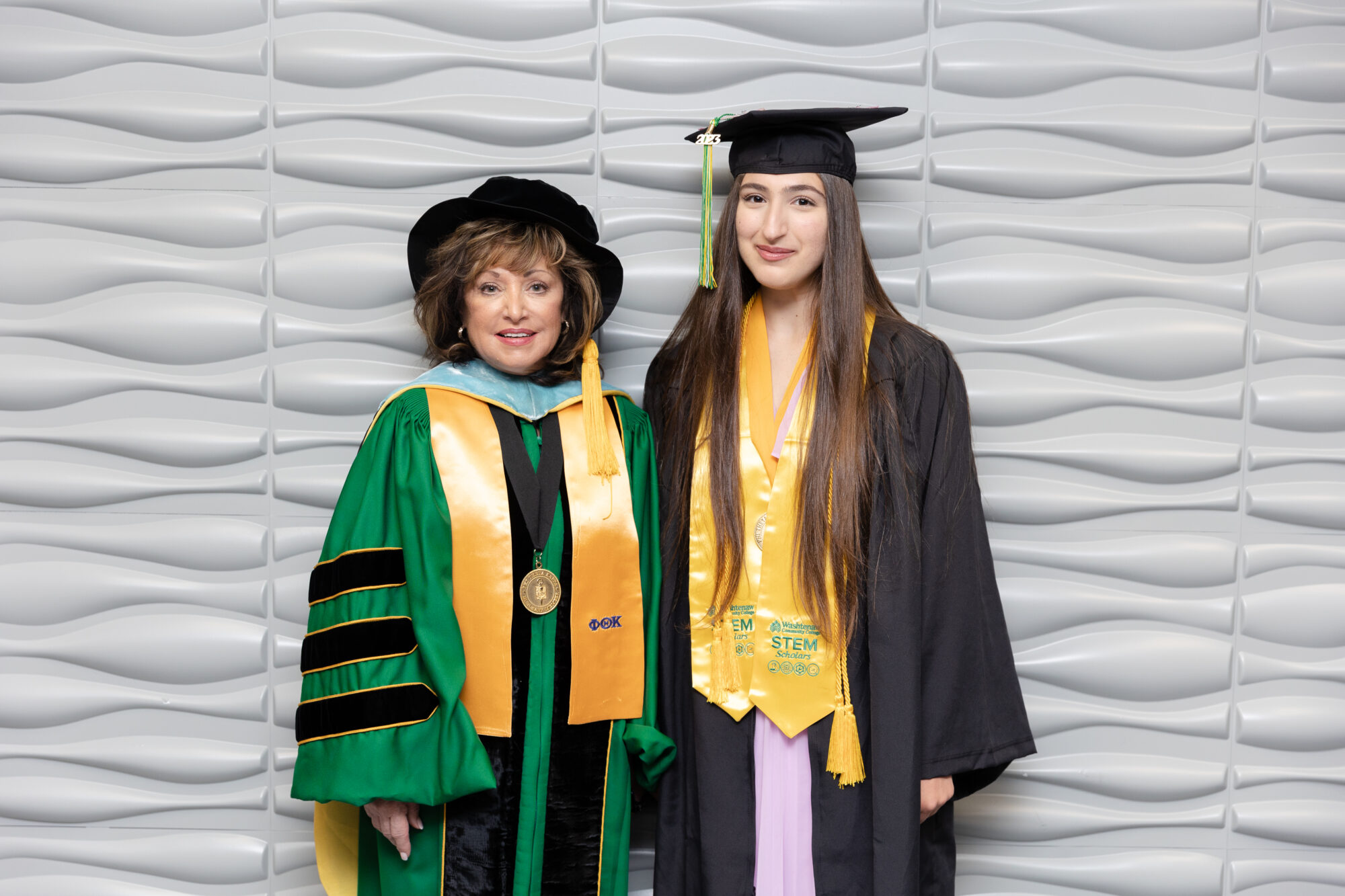
Have you encountered moments where you have had to break through biases in your career? How did you navigate them?
I like to focus on the positives, what you can learn from life’s challenges. Certainly, there have been numerous challenges, especially growing up in a time when women had yet to break through certain “glass ceilings.”
In one personal example, I was a school district vocational director – the only female in such as position. My employees came to me wondering why I wasn’t attending a director’s meeting where important decisions were made about programs and jobs. Well, I hadn’t been invited. But I knew I had to be there to represent the faculty in my department who were counting on me to advocate for their programs and the success of students. It took a lot of courage and assertiveness for me to walk into this closed-door meeting uninvited, to make my voice heard. But I knew it was the right thing to do. And I was always invited to the table from then on.
What advice would you give to women aspiring to leadership roles in education or business?
First and foremost, I would encourage women to find a mentor. Surround yourself with strong, courageous women – whether family members or professionals – who will invest in you, have the patience to help you grow. Don’t let someone else’s opinion of you become your reality or hold you back.
Know your priorities and stay on the pathway toward achieving them. Align yourself with people who share the same values as you.
Make yourself vulnerable to learning everything you can – sometimes it means you make mistakes and fall down – but you get back up and keep going.
Be humble. Humility is a critical and transformative quality in leadership. As you’re learning and growing, don’t let pride get in your way. It goes back to being vulnerable.
As you grow into leadership, you find that humility isn’t about diminishing one’s own importance but rather about recognizing and elevating the strengths and contributions of others. How you make people feel, making them feel valuable, is critical to your success as a leader. It fosters a collaborative, inclusive and ethical work environment where trust and engagement thrive.
By embracing humility, leaders can build stronger, more resilient and more innovative teams, ultimately driving better performance and success in helping you meet your goals. And in our case at Washtenaw Community College, that is to make a positive impact in the lives of our students and in our community.
